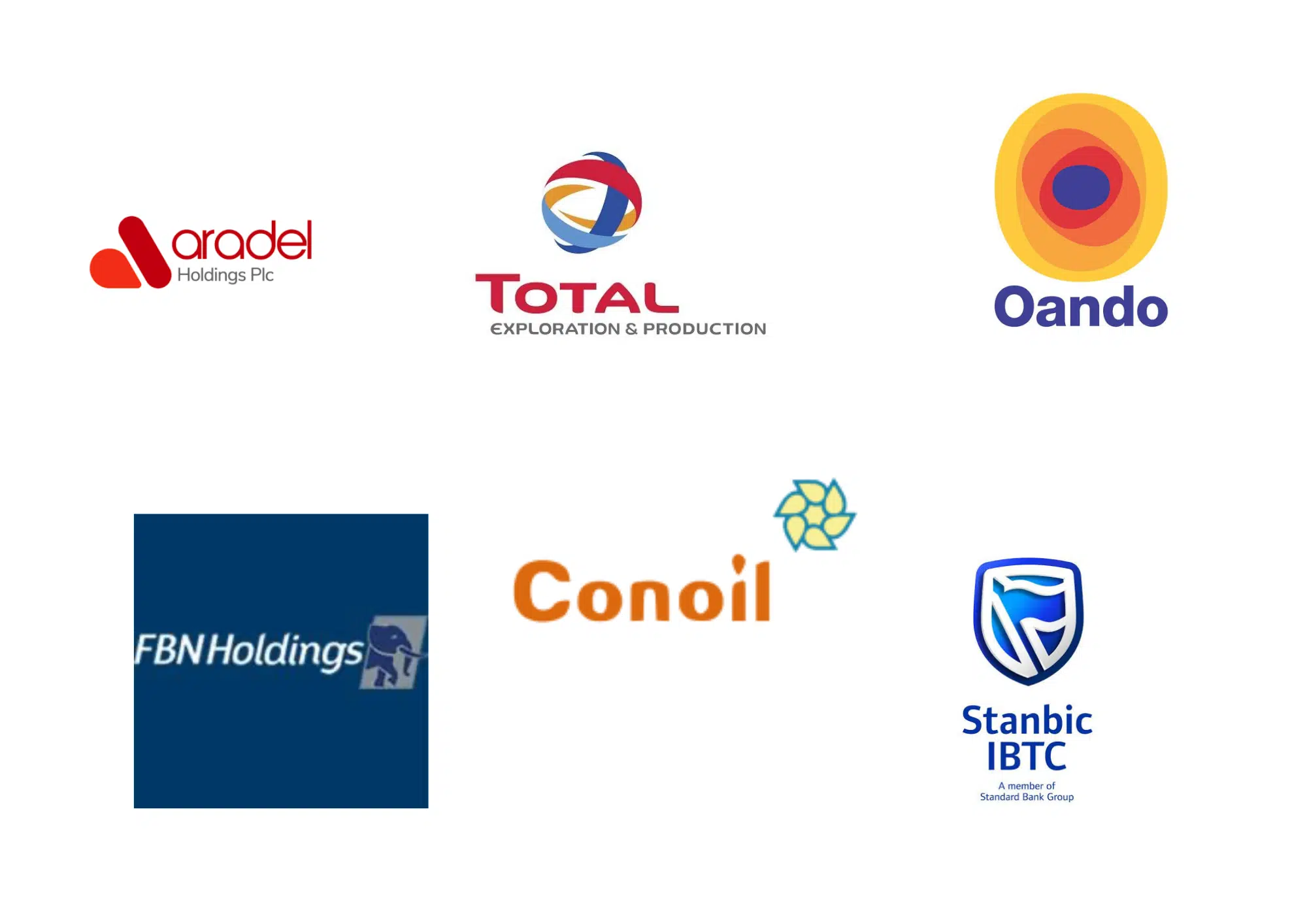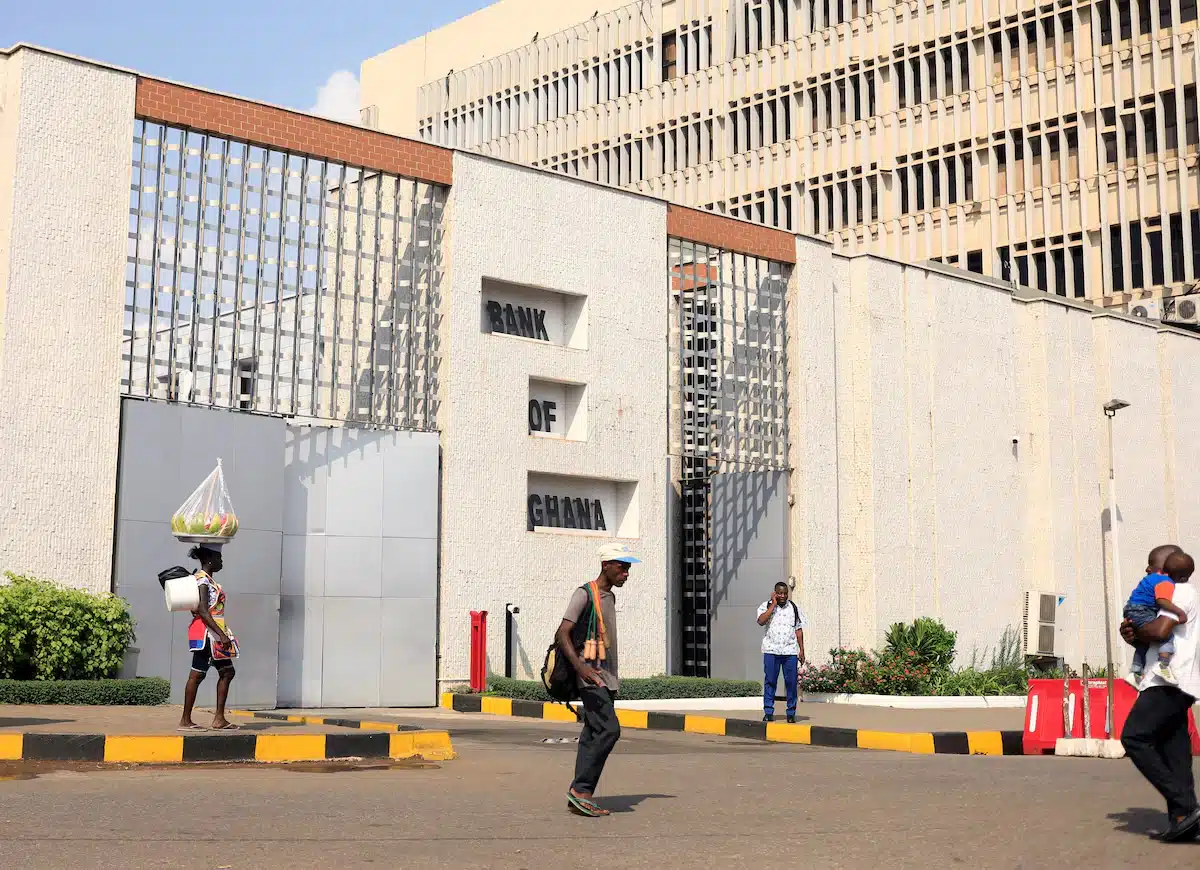In 2024, several Nigerian companies reported impressive growth in their pre-tax profits, signaling a positive shift in the corporate landscape.
FBN Holdings Plc recorded a massive 142% year-over-year (YoY) increase, reaching ₦862 billion in pre-tax profit. Aradel Holdings Plc saw an even bigger jump, with a 187% increase, bringing their pre-tax profits to ₦321.6 billion. TotalEnergies Marketing Nigeria Plc followed suit with a 140% rise, reporting ₦415.5 million in pre-tax profit.
Oando Plc reported ₦47.7 billion, which represents a decline from the previous year, while Stanbic IBTC saw a 75.7% increase, reaching ₦303.8 billion. Conoil Plc also saw growth, with a 12.45% rise to ₦13.8 billion. This surge in profits across industries raises important questions about Nigeria’s tax system and its ability to capture these gains effectively.
The government’s share of the profits
With corporate profits on the rise, Nigeria could see an increase in tax revenue. Larger pre-tax profits generally lead to higher taxes, which could help address the country’s ongoing fiscal challenges.
For instance, with FBN Holdings and Stanbic IBTC showing strong growth, the government could stand to gain significantly from corporate tax payments, with estimated figures of ₦258.6 billion and ₦91.14 billion respectively. However, the actual amounts could be lower after adjustments.
Additionally, companies in the energy sector, like Oando and Conoil, are also contributing to the national revenue, offering an opportunity to reduce the country’s dependency on oil exports.
The role of tax planning
However, the rise in profits doesn’t necessarily mean more tax revenue. Big corporations have become experts in tax planning, using methods such as deductions, incentives, and tax credits to minimize their taxable income.
Oando, for example, may be making large capital investments that qualify for tax deductions, such as its recent $783 million acquisition of a 20% stake in Oil Mining Leases (OMLs) 60, 61, 62, and 63 from Eni’s Nigerian Agip Oil Company, which significantly expands its operations in Nigeria’s oil and gas sector.
Stanbic IBTC could be generating income from securities, which may offer more tax-efficient returns compared to traditional banking.
While these methods are legal, they make it harder for tax authorities to fully capture taxable income. As the corporate sector becomes more sophisticated, Nigeria’s tax system will need to evolve to ensure it captures the right amount of tax.
A changing economy and tax base
These impressive profit results also signal a diversification of Nigeria’s economy. As sectors like finance, energy, and marketing begin to play a larger role, the tax base is becoming more varied. While this shift is positive, it also means the tax system must adapt. For example, as more companies shift towards income from financial services, Nigeria’s tax policies will need to keep up to ensure that this income is appropriately taxed.
Impact on investors and other companies
For investors, these strong profit reports suggest that Nigerian companies are navigating economic challenges effectively. This could boost confidence in the country’s markets, especially in sectors like banking and energy. Companies that have not seen similar profit growth may look to these leaders for insights on growth strategies. However, the increasing profits also mean that changes in tax policies could be on the horizon, affecting future business decisions and investor returns.
In conclusion, while the surge in corporate profits across different industries presents an opportunity for increased tax revenue, the effectiveness of Nigeria’s tax system in managing this growth will depend on how well it can adapt to these changes and ensure proper tax collection.






